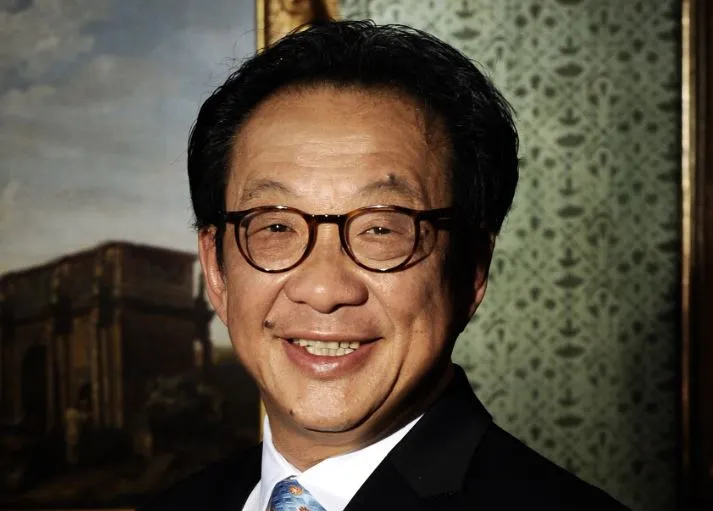
YTL Power International Berhad's Tan Sri Francis Yeoh is 2017's CEO of the Year
CEO Tan Sri Francis Yeoh reveals the company’s two big projects for the year worth US$5b.
Tan Sri Francis Yeoh is the managing director of YTL Group of Companies. He took over the running of his family company in 1988 and grew it into a multi-disciplinary conglomerate comprising five listed entities: YTL Corporation Berhad, YTL Power International Berhad, YTL Land & Development Berhad, Starhill Global REIT, and YTL Hospitality REIT. They have a combined market capitalisation of approximately RM35.5b (US$8.3b) as of 31 May 2017 and total assets of over RM70.1b (US$16.3b) as of 31 December 2016. He has recently been awarded as the CEO of the Year in the Asian Power Awards 2017, and we interviewed him to know more about his plans as YTL Power International Berhad’s leader.
What are your top three priorities for YTL Power’s generation side?
My top priorities right now are to successfully execute the two big projects we have on hand which total almost US$5b. Beyond that I am quite happy with YTL Power’s geographical footprint which stretches all the way from the UK, Middle East, Southeast Asia, and Australia. We hope we can build on this and achieve more scale with more acquisitions and investments. At the same time, we also need to balance out shareholder satisfaction and maintain a certain level of dividend. Last but not the least, in whatever we do and consider in the future, sustainability is a very important factor. We have an entire sustainability team in our organisation vetting our businesses to make sure we are operating at the highest standards.
Can you expound more on these two big projects? What are these and where are they located?
At present, we are constructing the first oil shale mine mouth power plant with a capacity of 2 x 235 MW (net) utilising the circulating fluidised bed boilers (CFB) technology in the Hashemite Kingdom of Jordan. The project is located at Attarat um Guhdran which is 110 km southeast of Amman. At a total investment of US$2.1b, it is the largest private sector project in Jordan to-date and is expected to meet 15% of Jordan’s annual electricity demand. Attarat Power Company (APCO) is the project company which entered into a 30-year Power Purchase Agreement (PPA) with the Jordanian national utility and single buyer NEPCO for the sale of the entire electric capacity and net electrical output. The other project we are currently developing is in Cirebon Regency, West Java, Indonesia. The 2 x 660 MW (net) coal fired power plant will utilise state-of-the-art ultra-supercritical technology. The project company, PT Tanjung Jati Power Company, has executed a PPA with PT PLN (Persero) in December 2015.
When do you expect completion?
The project in Jordan achieved financial close on 16 March 2017 and Notice to Proceed has been issued to the EPC Contractor with commercial operations scheduled for mid-2020. On the other hand, in Indonesia, we are currently arranging financing for the project, which is expected to achieve financial close in 2018.
Once commissioned, how will these two big projects boost the company with regard to capacity and profitability?
Once completed, the projects will significantly boost the group’s net effective MW capacity by 1,268 MW. The projects will contribute significantly to the group’s profitability when the power plants enter into commercial operations.
What are the biggest industry challenges YTL Power is currently facing in generation?
I have always talked about the need for a Transparent Coherent Regulatory Framework (TCRF) across the industry and, unfortunately, the evolution of TCRF is very patchy even in places like Europe, which explains why they haven’t had a significant amount of reinvestment in infrastructure for some time. In the backdrop of all this, you have private equity money flush with cheap capital crowding out the market, which means genuine power companies like us find it hard to grow and secure new projects. However, we are patient, we have a strong balance sheet and, at some point, there should be a change in the credit cycle and significant opportunities should emerge.
What is YTL Power’s biggest plan to date on the generation side?
We are always on the lookout for new opportunities in generation whether it is bidding for existing assets or investing in new projects. As mentioned earlier, one of our key objectives is to build on our existing footprint. Our track record of executing, owning, and operating assets is arguably amongst the best in the business whether it is YTL PowerSeraya in Singapore or PT Jawa Power in Indonesia. If we can execute our oil shale IPP project in Jordan and our coal-fired project in Indonesia simultaneously and on time, I think YTL Power will have a very strong standing in the industry and give us good currency to bid for new opportunities around the world.
What are the newest generation projects that you have as of the moment and what are those that are upcoming?
Our ongoing greenfield projects are our 470 MW oil shale IPP project in Jordan and our 1,320 MW coal-fired Tanjung Jati A project in Indonesia. We will look to focus on and grow our footprint in areas where we have both the technical expertise and local understanding.
What do you think is Malaysia’s biggest energy problem at the moment and how should this be addressed?
YTL Power pioneered the financing of the very first Independent Power Producer in Malaysia using ringgit denominated currency and also by issuing the first long term 15-year bond issued by the Employee Provident Fund. Since then, all the IPPs have followed suit using local financing and an Energy Commission has been established to ensure competition in generation so there are no major problems in the Malaysian power industry. I would go on and add that with this, the Malaysian power sector is in very strong stead.
YTL Power’s 4Q profit dropped by almost 50% yoy. What caused the drop and how will you bounce back?
The headline fall in profit was due to a big exceptional item the year before where we had a deferred tax credit on PT Jawa Power. On top of that, the 21-year PPA of our Malaysian Paka and Pasir Gudang IPPs came to an end. On the bright side, we have tendered for and won a 3 year 10 month extension to the previous concession in Paka so we look forward to implanting that contract successfully.

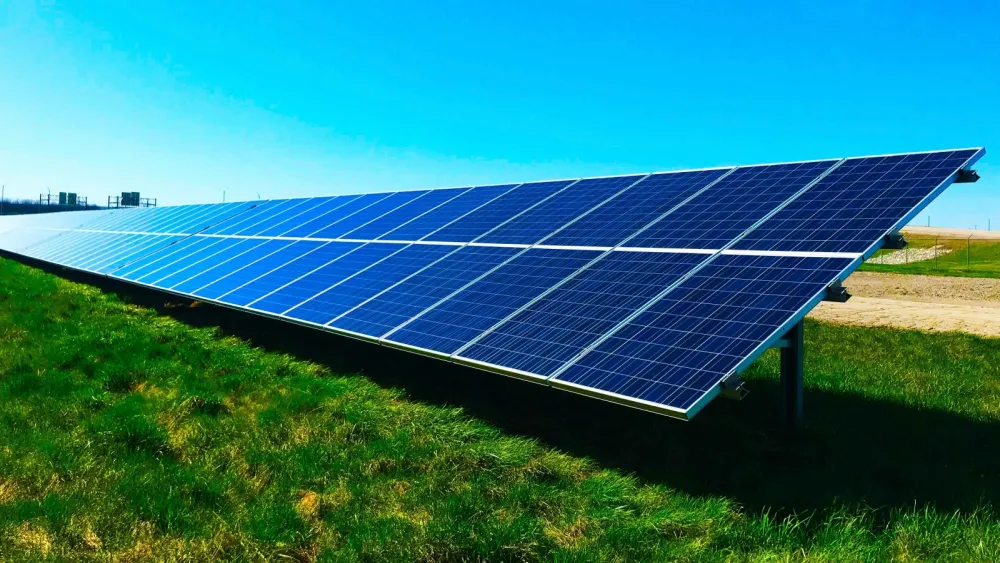
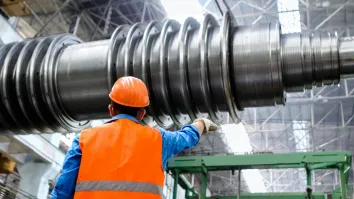
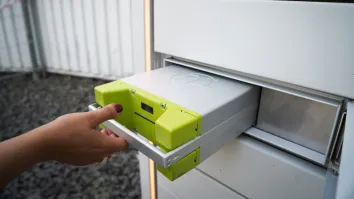
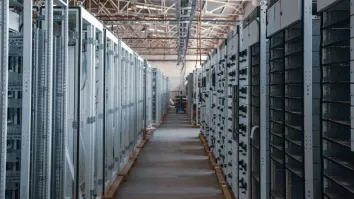
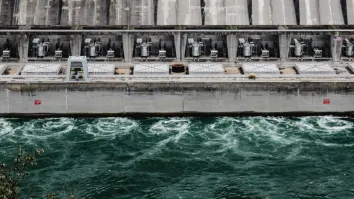













 Advertise
Advertise







